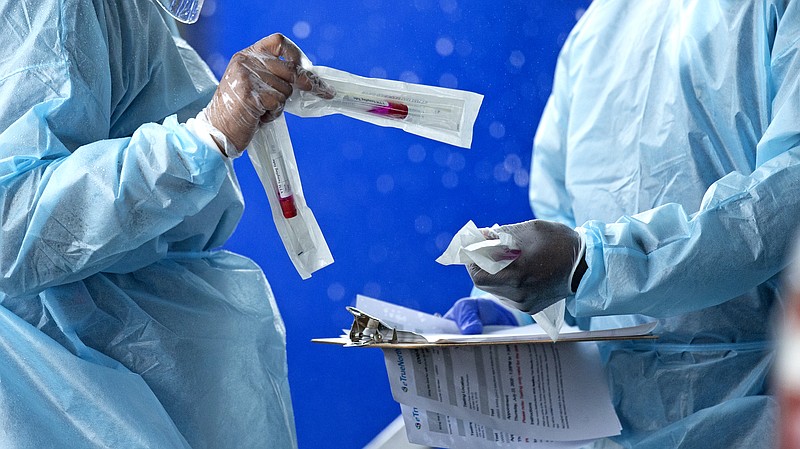MONTGOMERY, Ala. (AP) - Several Alabama counties saw a large increase in coronavirus cases earlier this week because of backlogged data, officials said.
The high one or two-day increases seen in some counties were due to new testing facilities not reporting information regularly to the Alabama Department of Public Health, AL.com reported, citing the agency. Commercial and clinical labs are required to report positive and negative cases, the agency noted.
The department said it has "long-term reporting relationships" with many labs outside of its own Bureau of Clinical Laboratories, but said that isn't always the case with new testing facilities that have sprouted up quickly to combat the pandemic.
The agency said it wasn't aware of some of the new labs and those labs weren't familiar with "mandatory reporting of notifiable diseases." Health officials said they're working on the problem.
Alabama had almost 105,000 confirmed cases of the coronavirus as of Thursday, according to researchers from Johns Hopkins.
